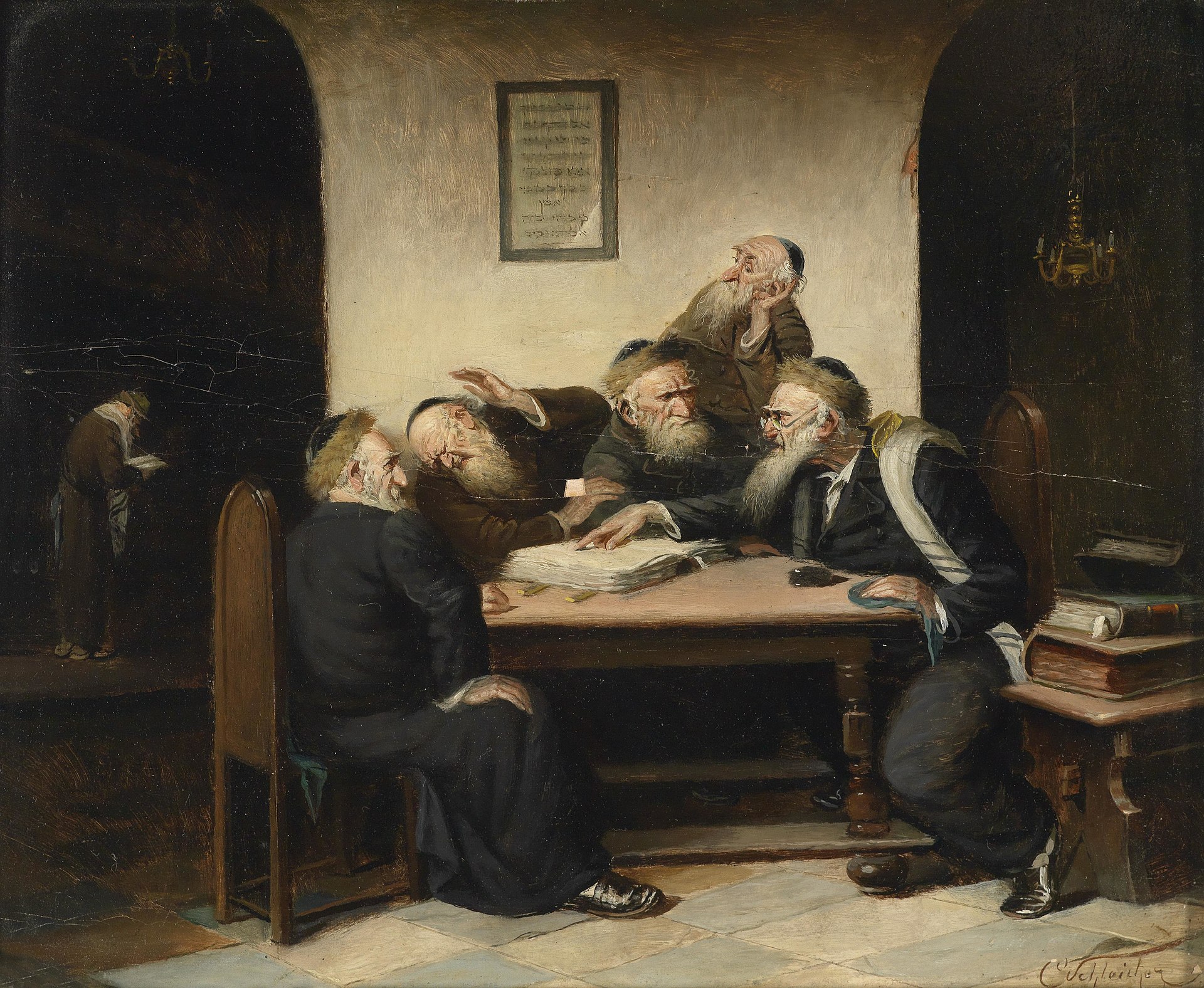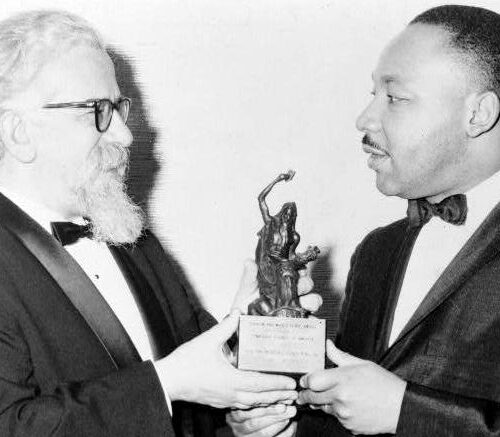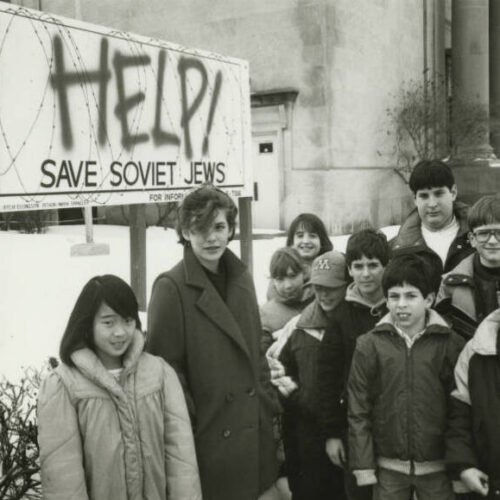Lessons
Having the Right to Not Agree: Honoring Civil Discourse and Dissent

State standards
Results
Length: 60-120 minutes | Grades: 6-12 | Themes: Jewish values, democratic values
Lesson Overview
Dissent is a core part of democratic life in the United States, though it can create tension and be difficult to navigate. Without constructive ways to manage disagreement, it can lead to division, but it remains essential to communal life. In Jewish tradition, dissent is deeply valued, especially in religious and intellectual contexts, where debate and differing views are preserved, such as in the Talmud. This lesson explores the Jewish approach to dissent, focusing on the tradition of recording minority opinions in Talmudic texts.
In this lesson, students explore the Jewish value of dissent, focusing on the Talmudic tradition of preserving dissenting opinions, and consider the challenges and importance of free speech in today’s America. They will also learn about the 1977 Supreme Court case, National Socialist Party of America v. Village of Skokie and practice annotation and comparative analysis throughout the lesson.
Enduring Understanding
Dissent and discourse are deeply held Jewish values and also part of democratic life.
Free speech has been tested by those who wish to use this right to promote antisemitic, racist, and hateful ideas.
Essential Questions
What is the value of civil discourse in society?
Why do Jewish people value dissent?
Learning Objectives
Students will be able to identify dissent as a Jewish value and a value in American democratic life.
Students will be able to demonstrate an ability to critically engage with text through annotation and comparative thought.
Toolkit
-
Honoring Civil Discourse and Dissent lesson plan
-
Honoring Civil Discourse and Dissent slide deck
-
Video of Olivia Gross
-
High School Law Revew Socialist Party of America v. Village of Skokie worksheet
-
Honoring Civil Discourse and Dissent handout





